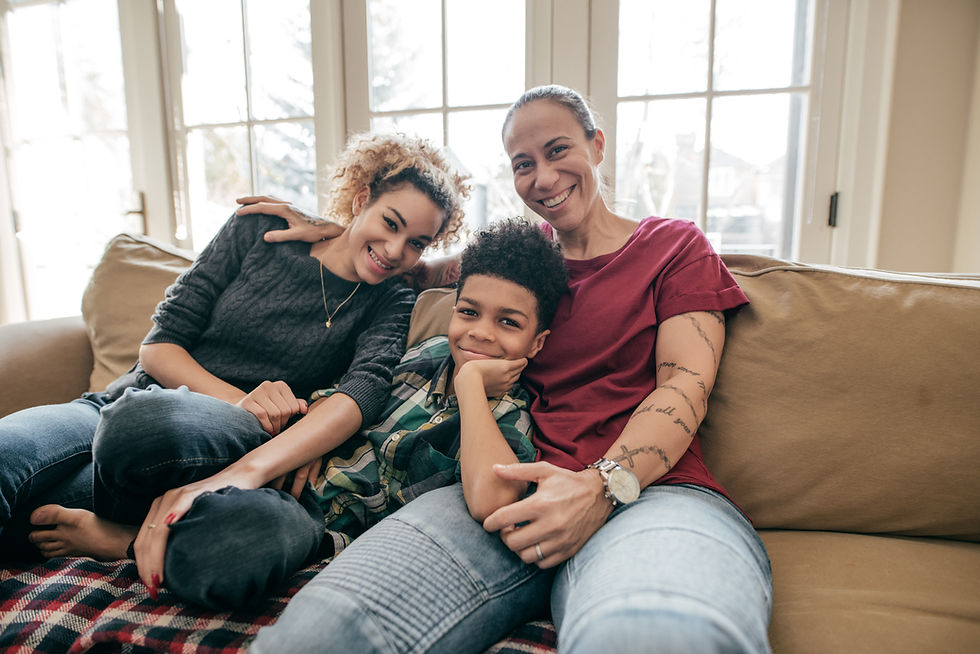Creating a Safe Space: Why Rapport Building Matters in Therapy
- May 26, 2025
- 2 min read
Updated: Jun 5, 2025
First of all, what’s “rapport” and why does it matter? The exact definition of rapport is: “a close and harmonious relationship in which the people or groups concerned understand each other’s feelings or ideas and communicate well”. In simpler terms, having a trusting and understanding relationship with others. This is a very, very important thing to have in therapy.
Why does building trust and rapport come before therapy “work”?
I understand how getting into therapy for your kids, you’re interested in working on goals right away. Although, if a client of mine doesn’t feel comfortable around me, there’s almost no use in trying to work on those goals just yet.
The goal of therapy is to help others with their social and emotional well-being. Establishing an open and trustworthy relationship helps start the process of this. It helps build an environment that helps clients feel understood, comfortable, and respected. Having this type of space increases the likelihood of more positive interactions and stronger connections. And that’s a great thing to have with many people, especially your therapist.
I mean just imagine it, if we don’t build rapport first, we’re basically strangers. I can understand how some kids may feel shy, nervous, and/or hesitant to talk to this “stranger”.
It’s also important because once we get to know each other more, then I can be more “stern” in sessions. For example, making sure a plan is in place and expectations are understood. It’s easier to work on lessons and goals with that as well.
How do therapists approach rapport-building with children and teens?
I’m sure a lot of therapists approach rapport-building similarly, yet differently :). For me, I ensure that my client has time in session without any pressure. I also want them to see a silly and comforting side of me to notice that I am a safe person to be around. I don’t only want my clients to see a professional side of me, but also the real me who cares, acts silly, is understanding, and who tries hard to make sure therapy is a good experience.
Some therapists might approach rapport-building by letting their clients choose what they want to do or talk about at first. Furthermore, they might encourage a pressure-free space.
How does rapport connect to feeling heard and understood and why is it healing?
Rapport connects to feeling heard and understood because like mentioned before, it helps people to be themselves in a space that they might not have often. It’s healing because it brings a feeling of not being judged and feelings valued with who they are.

Written By,
Eliana Cohn, LSW




Comments